Choosing the Right ERP: Dynamics 365 Business Central vs. QuickBooks for Manufacturers
- Connor Chavez

- Feb 18
- 3 min read

For growing manufacturers, efficient financial and operational management is crucial. While QuickBooks serves as an entry-level accounting solution, Microsoft Dynamics 365 Business Central offers a comprehensive ERP platform designed to support manufacturing, inventory management, and scalability. If your business is outgrowing QuickBooks, it's time to explore how Business Central provides a seamless transition to a more powerful, integrated system.
Comparing Business Central and QuickBooks for Manufacturing
1. Inventory & Supply Chain Management
QuickBooks:
Basic inventory tracking, sufficient for small businesses but limited for complex manufacturing needs.
Only supports average costing, which may not meet the compliance needs of larger manufacturers.
Lacks warehouse management tools—third-party add-ons are required.
Business Central:
Advanced inventory tracking with real-time visibility, demand forecasting, and multiple costing methods (FIFO, LIFO, Specific, Standard, and Average).
Full warehouse management capabilities, including barcode scanning and bin tracking.
Optimized supply chain management, ensuring raw materials and production schedules align with demand.
2. Scalability & Business Growth
QuickBooks:
Works well for startups and small businesses but struggles with multi-location operations and growing product lines.
Users must rely on manual workarounds or spreadsheets to manage expanding business needs.
Business Central:
Designed for small to mid-sized manufacturers but can scale beyond $200M in revenue.
Supports multi-entity, multi-location, and multi-currency operations.
Built-in manufacturing and planning capabilities allow businesses to expand seamlessly.
3. Integrated Business Functions
QuickBooks:
Primarily an accounting solution, requiring third-party add-ons for inventory, CRM, and project management.
Limited compliance tools and financial audit controls.
Business Central:
Fully integrated ERP with built-in modules for finance, sales, inventory, CRM, and manufacturing.
Robust compliance and security features, including audit trails and role-based access controls.
Seamless integration with Microsoft 365, Teams, and Power BI for enhanced collaboration.
4. Reporting & Analytics
QuickBooks:
Basic financial reporting tools, but lacks advanced data visualization and forecasting.
Users rely on Excel for in-depth analytics.
Business Central:
700+ built-in reports with customizable dashboards.
Integrated Power BI for advanced analytics and real-time insights.
AI-powered tools for predictive analysis and data-driven decision-making.
5. Automation & Efficiency
QuickBooks:
Manual processes are common, increasing the risk of errors and inefficiencies.
Limited automation for invoicing, approvals, and workflows.
Business Central:
Automates routine processes such as invoicing, order processing, and approvals.
Microsoft Copilot integration for AI-driven efficiency improvements.
Eliminates manual data entry and ensures accuracy in financial transactions.
6. Security & IT Support
QuickBooks:
Basic security features with on-premises storage responsibility falling on internal teams.
Customer support varies in reliability.
Business Central:
Enterprise-grade security managed by Microsoft.
Regular updates, automatic backups, and disaster recovery plans.
Cloud-based access ensures secure data retrieval from anywhere.
7. Cost Comparison
QuickBooks:
Lower upfront costs but expensive add-ons and manual workarounds increase long-term costs.
Monthly per-user pricing ranges from $35 to $235.
Business Central:
Transparent subscription pricing:
Essentials: $70/user per month (financials, project, inventory, CRM, warehouse management).
Premium: $100/user per month (adds manufacturing and service management).
Long-term ROI with integrated functionalities reducing the need for third-party applications.
Why Manufacturers Should Upgrade from QuickBooks to Business Central
QuickBooks is an excellent tool for small-scale accounting, but manufacturers require a comprehensive, scalable ERP. Business Central offers advanced inventory control, financial management, automation, and AI-powered insights that QuickBooks simply can't match.
Ready to Make the Switch? CBR Technology Can Help.
At CBR Technology, we specialize in helping manufacturers transition from QuickBooks to Business Central seamlessly. Our expert team ensures a smooth implementation, customized training, and ongoing support to maximize your ERP investment.
Phone: 855.227.0700
Email: sales@cbrtechnology.com
Website: cbrtechnology.com







Comments